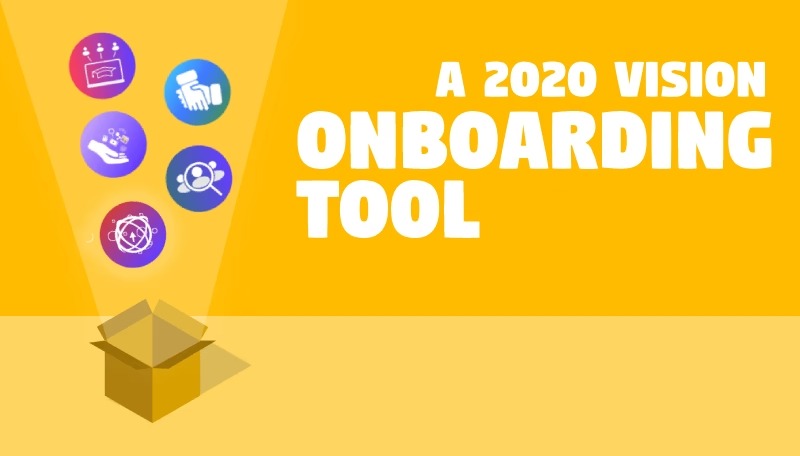Why every new employee needs an on boarding buddy?
Date: 14-Oct-2019

Bringing a new employee onboard can be both an exciting and stressful all at the same time. And if managers play a vital role in shaping the new employees’ first few weeks and months, a good team effort will ensure positive and productive experience.
Over the years, many multinationals has been working to improvise on its employee onboarding process. A simple action like managers having one-on-one meetings with their new hires during their first week on the job has its own outsized benefits.
Onboarding hires also play a crucial role in ensuring management of a successful onboarding experience.
Onboarding buddies help the fresh hires in these three ways:
For established employees, the context around most of their work has been well established on every email written, every meeting attended, and every PowerPoint presented. But for new hires, context is a precious thing. Without proper context, a new hire will struggle to understand his role and contribution to his team’s success.
Onboarding buddies give the kind of context you won’t find in any employee instruction book. They also do shed some light on cultural norms and unspoken rules that do exist but not spoken about.
Speedy productivity is a matter of concern for both the company and the new hire. By filling the position, the company wants to see a quick return on its investment. On the other hand, the new hire will experience the tension between wanting to perform quickly but will also need time to learn his job. Thus, the more the onboarding buddy meets with the new hire, the greater will be the new hire’s perception of his speed to productivity. Clearly indicating that additional support is crucial to a new hire’s success.
It’s not difficult to visualize the vast challenges new hire might face while joining a large and complex organization with over 100,000 employees. In order to truly understand the value of onboarding buddies, we can find the difference in hires who are assigned onboarding buddies versus those who were not. One such research had shown that after their first week on the job, new hires with buddies were 23% more satisfied compared to those without onboarding buddies.
It is important to expand an onboarding buddy pilot program by making an internal site for hiring right managers to match new hires with an onboarding buddy. Onboarding buddies should have sufficient knowledge about:
After the perfect match is found, automated reminders can be sent to the new hire, the manager and their buddy that will encourage consistent engagement, mainly during the first 90 days of working.
There is still quite a lot to learn as we continue to adapt and broaden the onboarding buddy program, but there are some of early insights and tips which should be practiced:
While matching a new hire with an onboarding buddy, it is vitally important to consider the onboarding buddy’s current workload. You may have to reassign or reprioritize the onboarding buddies work in some cases, so that the buddy has enough time to support the needs and requirement of the new hire.
Both the new hire and the onboarding buddy will have to know what a time-bound partnership is. Buddies are more likely to offer their help and services if the duration of the engagement is well established in advance.
Many researches have shown that when onboarding buddies report to the same manager, they receive more favourable ratings compare to those who report to different managers.
Why? It’s simple because buddies who report to the different managers may not be familiar with the new hire’s role and responsibilities. When an onboarding buddy lacks understanding of the new hire’s role it creates frustration for both parties.
Not just the new hire benefit from this buddy- new hire relationship. The onboarding buddy has many advantages too. Serving as an onboarding buddy gives him an opportunity to demonstrate and develop managerial and leadership skills.
ENGAGEMENT DRIVE PERFORMANCE